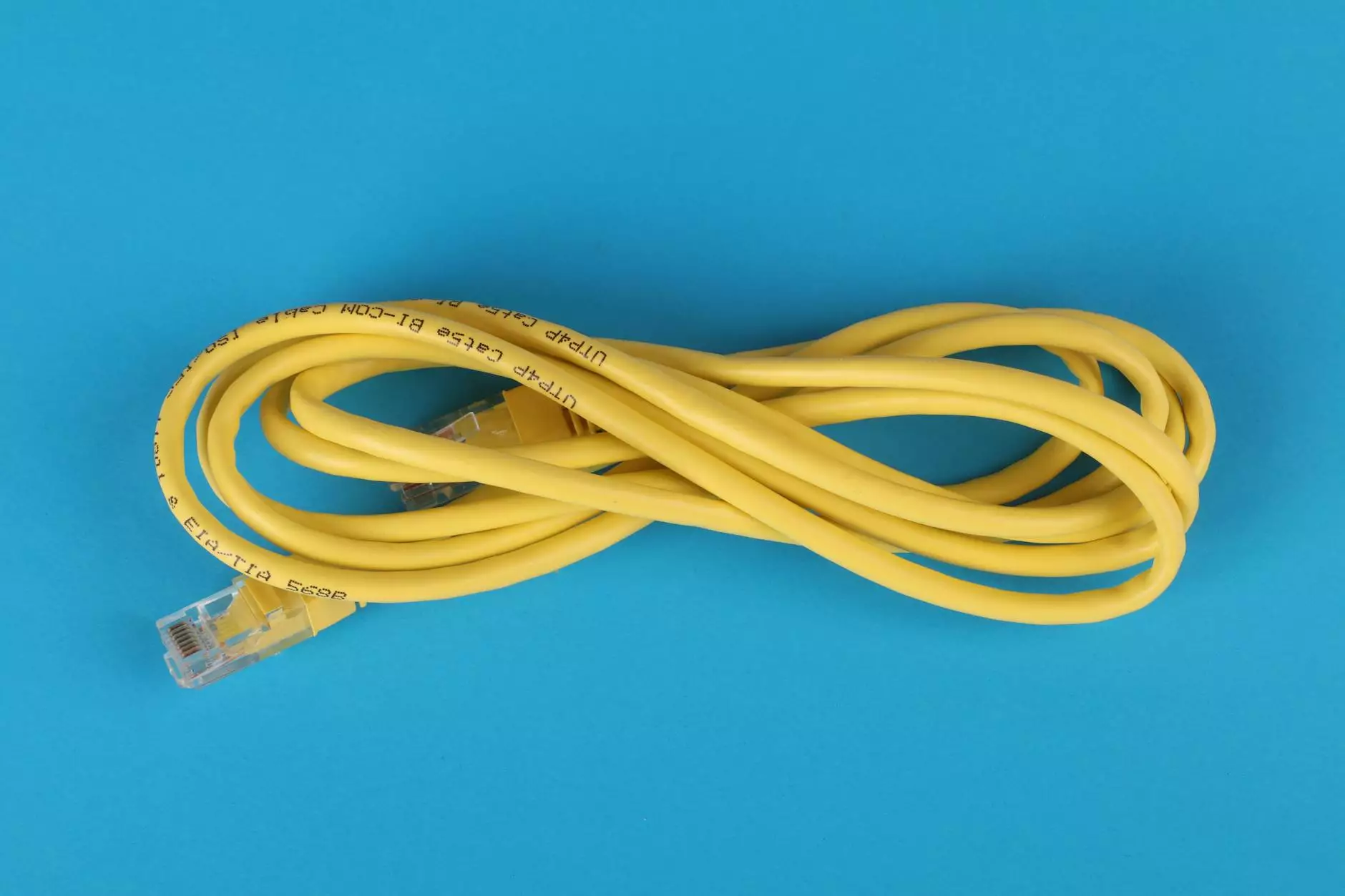The Importance of the Cylinder Head in Engine Performance

The cylinder head in engine technology is one of the most critical components that significantly influences the performance, efficiency, and overall functionality of diesel engines. Understanding its mechanics is essential for anyone involved in diesel engine maintenance or performance enhancement. In this comprehensive exploration, we will delve deep into the cylinder head's role within the engine system, its primary functions, and the best practices for maintenance and replacement.
Understanding the Cylinder Head: A Vital Component
The cylinder head is a vital part of an internal combustion engine, specifically designed to enclose the combustion chamber and provide critical mounting points for components such as the intake and exhaust valves. It forms an essential part of the engine's architecture, influencing the engine's performance characteristics, such as power, fuel efficiency, and emissions control.
Functions of the Cylinder Head
The functions of the cylinder head in engines can be categorized into several key areas:
- Sealing the Combustion Chamber: The cylinder head forms part of the top of the combustion chamber and seals it off from the engine's external environment.
- Mounting Valves and Spark Plugs: It holds the intake and exhaust valves, as well as the spark plugs in gasoline engines, facilitating the combustion process.
- Cooling and Heating: The cylinder head plays a crucial role in heat dissipation, housing the coolant passages that help regulate engine temperature.
- Fuel and Air Distribution: It assists in directing fuel and air mixtures into the cylinders, which is vital for optimal combustion.
- Exhaust Management: The head directs exhaust gases out of the engine via exhaust ports, making it essential for performance and emissions control.
Components of a Cylinder Head
A typical cylinder head consists of multiple components, each contributing to its function:
1. Valves
Valves control the flow of air and fuel into the cylinder and the exit of exhaust gases. They must operate precisely to ensure effective combustion. The timing of their opening and closing is crucial for engine efficiency.
2. Valve Springs
These components keep the valves closed when they are not actuated and ensure they return to their initial position promptly after being opened.
3. Camshaft
The camshaft controls the timing of the valves' opening and closing, directly impacting engine performance. In some designs, it is located in the cylinder head.
4. Spark Plugs or Glow Plugs
In gasoline engines, spark plugs ignite the air-fuel mixture, while diesel engines utilize glow plugs to preheat air for efficient combustion.
5. Coolant Passages
These passages run through the cylinder head to manage the temperature by circulating coolant, thereby preventing overheating.
The Impact of Cylinder Head Design on Engine Performance
The design of the cylinder head significantly influences engine efficiency and performance. Key features include:
1. Port Design
The shape and size of the intake and exhaust ports affect the engine's ability to breathe. Enhanced port designs can lead to better airflow, increasing power output.
2. Combustion Chamber Shape
A well-designed combustion chamber shape promotes turbulent airflow, improving fuel mixing and combustion efficiency. Different shapes include pent-roof, hemispherical, and more, each serving unique performance characteristics.
3. Material Composition
Typical materials for cylinder heads include cast iron and aluminum. Aluminum is favored for its lightweight and excellent thermal conductivity, while cast iron is valued for its durability. The choice of material can significantly impact engine performance and longevity.
Maintenance of Cylinder Heads
Regular maintenance of the cylinder head in engine is essential for optimal performance. The following practices can help:
1. Regular Inspection
Frequent inspections can identify cracks, warping, or other damage. Early detection can prevent further engine issues.
2. Maintaining Coolant Levels
Proper coolant levels prevent overheating, which can warp or crack the cylinder head. Check often and replace if necessary.
3. Valve Adjustment
Periodically adjusting valve clearances can ensure optimal performance, as worn valves may lead to loss of compression and power.
Signs of Cylinder Head Issues
Recognizing signs of cylinder head problems can save time and money. Key indicators include:
- Overheating Engine: An overheating engine may suggest coolant leaks or blockages in the cooling passages.
- White Smoke from Exhaust: This can indicate that coolant is entering the combustion chamber, a sign of cylinder head gasket failure.
- Loss of Power: A significant decrease in engine power might point to issues within the cylinder head or its components.
- Coolant in Oil: Milky oil can indicate a blown head gasket, allowing coolant to mix with engine oil.
Choosing Quality Cylinder Head Parts
When it comes to replacing or upgrading parts of the cylinder head in engine, the quality of the parts is paramount. Here are steps to ensure you make the right choice:
1. Trusted Suppliers
Look for reputable suppliers, such as client-diesel.com, known for providing high-quality diesel engine parts and spare parts.
2. Check Compatibility
Ensure that the parts you are considering are compatible with your specific engine model. Mismatched parts can lead to performance issues.
3. Evaluate Material Quality
Inspect the material construction of the cylinder head and its components. High-quality materials can enhance durability and performance.
4. Reviews and Recommendations
Look for reviews or seek recommendations from industry professionals to ensure you choose parts that meet high standards.
Conclusion
The cylinder head in engine applications is a critical component influencing performance, efficiency, and longevity. Understanding its functionality and maintaining it properly can lead to enhanced engine performance, efficient fuel consumption, and overall reliability.
As an end-user or a business owner in the diesel engine parts sector such as client-diesel.com, investing time and resources in quality cylinder head maintenance and repair will pay off in the long run, ensuring that your engines run smoothly and efficiently.
In summary, proper knowledge and maintenance of the cylinder head can vastly improve the performance characteristics of diesel engines, making it an invaluable asset for mechanics and engine enthusiasts alike.









